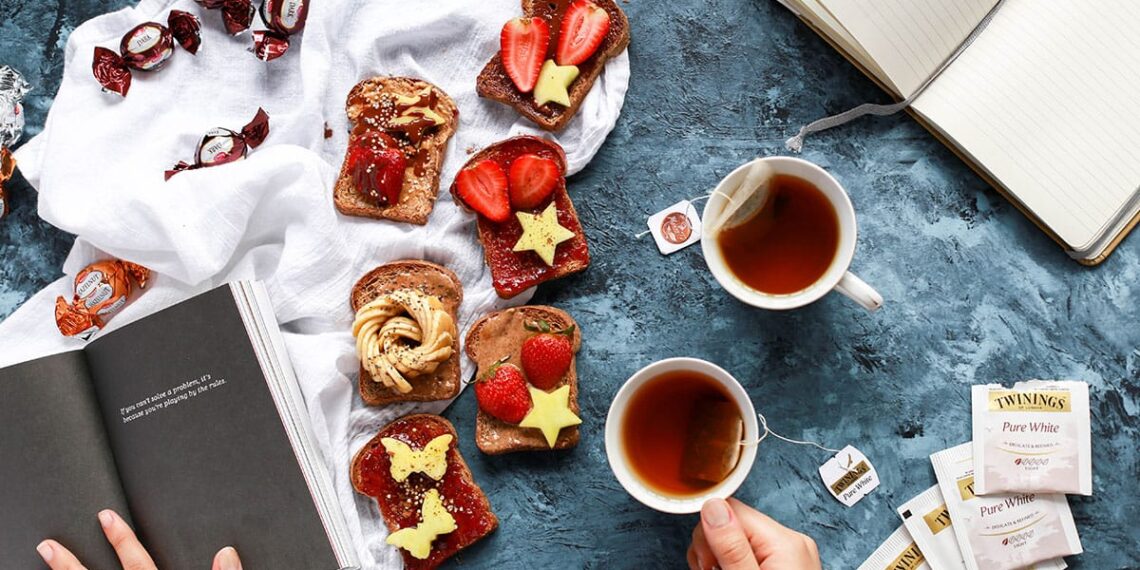Britain’s independent shops had a gross sales increase in 2020 regardless of an general drop in retail spending, as Covid journey restrictions and dealing from residence prompted customers to buy on native excessive streets as a substitute of metropolis centres.
Information from Barclaycard exhibits spending at unbiased food and drinks retailers, together with off-licences, butchers and bakeries, jumped 28.6% in 2020 in contrast with a yr earlier.
In distinction, whole client spending fell 7.1%, as social distancing guidelines left buyers with fewer alternatives to spend on abroad holidays, hospitality and in metropolis centres.
Barclaycard, which covers almost half of the UK’s credit score and debit card transactions, discovered that whereas spending on important items comparable to groceries rose by 4.1% in contrast with 2019, non-essential spending fell 11.3%.
Department stores have been notably exhausting hit, with spending down 17.2%, whereas clothes retailers skilled a 15.6% hunch, resulting in the monetary issues on the likes of Debenhams and the Topshop proprietor, Arcadia. Nevertheless, bricks and mortar discounters had a 25.4% improve, as Britons going through furlough and job cuts sought worth for cash offers.
Shoppers compelled to spend extra time at residence turned to DIY initiatives to spruce up their dwelling area. Pent-up demand after the reopening of non-essential retailers in June pushed general spending at DIY and residential items shops up 9.8% for the yr. Furnishings retailers reported a 5.3% rise, as customers invested in large ticket objects.
Britons handled themselves – in addition to family and friends they might not see – to flowers all year long, with spending at florists rising 22.7%. Crafts and passion spending elevated 9.8%, and pets got additional consideration with vet and pet retail rising 10.7%.
However the report additionally exhibits how a lot eating places suffered regardless of Rishi Sunak’s “eat out to assist out” initiative over the summer season. Restrictions all through the remainder of the yr contributed to a 47% drop in restaurant spending, whereas bars and pubs took a 36.7% hit.
Nevertheless, Covid restrictions contributed to a 49.1% rise in spending on on-line takeaway orders, whereas meal subscription providers jumped 62.4%.
Demand for at-home leisure pushed spending on digital subscriptions up 31.5%, whereas cash spent on electronics together with sport consoles rose 10.8%. In the meantime, normal on-line retailers benefited from a 52.5% hike in spending.
Raheel Ahmed, Barclaycard’s head of client merchandise, stated: “2020 has accelerated many traits. E-commerce has seen large progress, working from residence has meant many are purchasing extra domestically, and experiences throughout the residence, comparable to digital exercises, have change into the norm.”
Journey spending, together with on airways and journey brokers, tumbled 61.1% in August and 63.1% in September, as coronavirus restrictions and quarantine guidelines took their toll.
“Hopefully with a vaccine being rolled out in 2021 we’ll see inexperienced shoots for probably the most severely impacted sectors,” Ahmed stated. “Having stated that, a number of the traits and adjustments we now have seen in buyer habits could also be right here to remain.”
Supply: www.theguardian.com



